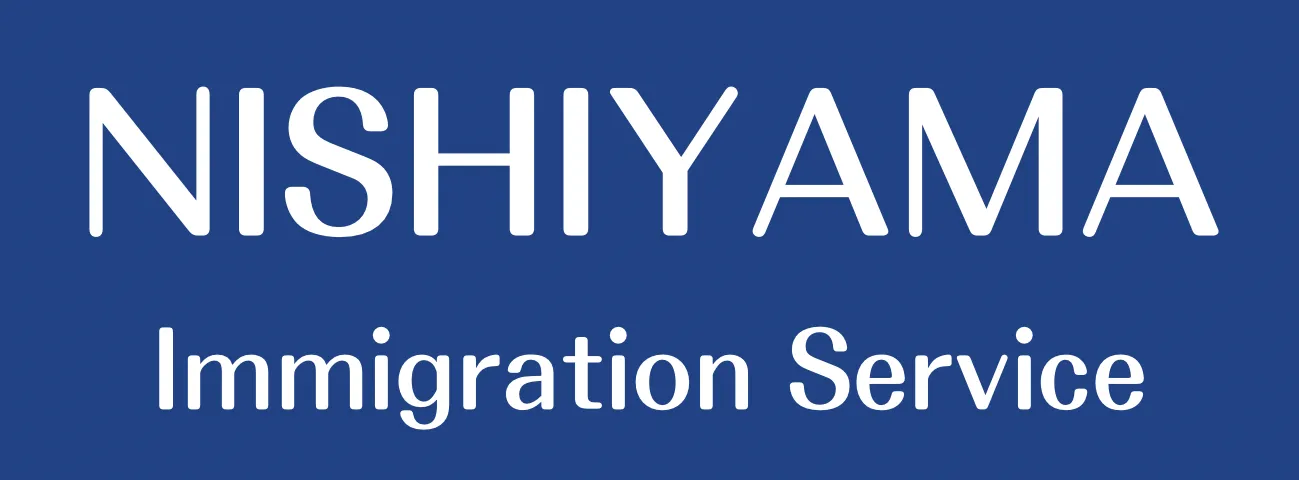World Immigration News
News Articles including "World Wide"
Released on
Article Title
Tags
2025-10-10
World Wide
2025-09-09
World Wide
2025-08-16
World Wide
2025-07-11
World Wide
2025-06-26
World Wide
2025-03-19
World Wide
2024-12-03
Stay Informed with the Latest Updates on Global Immigration Policies and Trends(Smith Stone Walters)
World Wide
2024-12-01
World Wide
